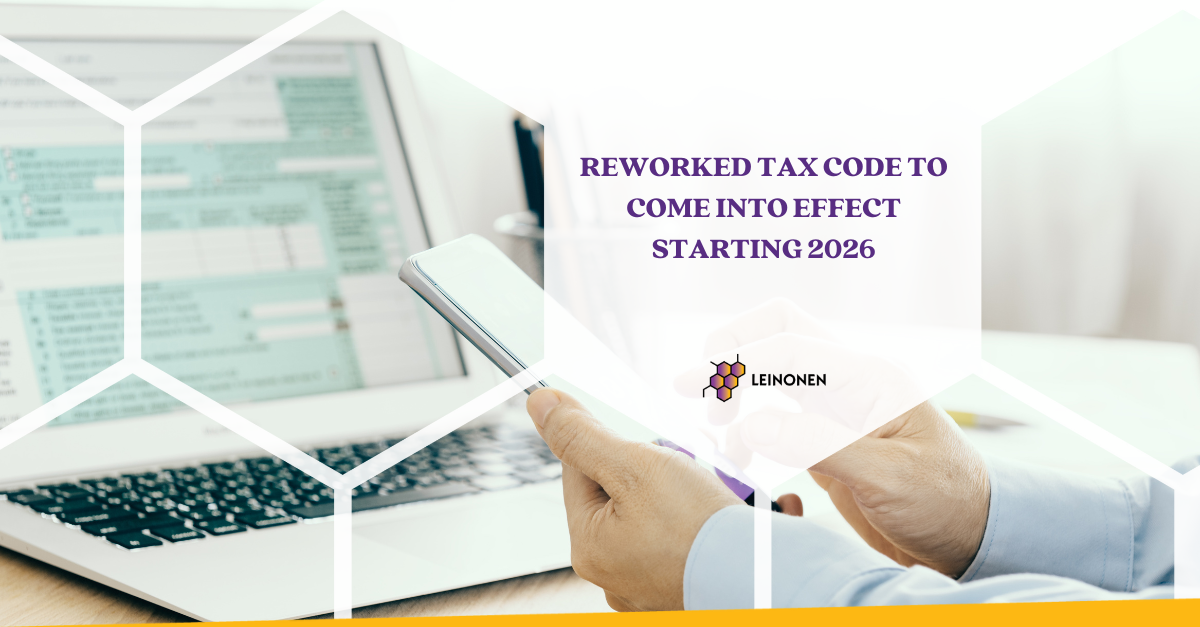Minister Nurlan Baibazarov announced that the updated Tax Code, scheduled for adoption by July 2025, will come into effect on January 1, 2026. This transition period allows businesses to prepare for changes in tax processes, regulation, and digital requirements.
The new Tax Code will introduce differentiated corporate income tax rates and include specific provisions for the taxation of banking sector dividends. This means companies across industries will need to adjust their financial forecasting and reporting to align with these new, potentially variable tax rates, impacting overall profitability assessments and payroll deductions for related employee bonuses and stock dividends.
For payroll, digitalization will play a key role, as the Tax Code mandates the optimization of tax regimes for entrepreneurs and the introduction of a VAT administration mechanism through the digital tenge. Payroll and accounting systems will need to incorporate digital compliance measures, potentially requiring companies to update software and train accounting teams to navigate the new tax processes efficiently.
The removal of some existing tax benefits also requires careful consideration, as companies may see increased tax liabilities that affect net income and influence budgeting for employee benefits and other expenses. By proactively adjusting payroll and accounting operations in anticipation of the 2026 changes, businesses can streamline their transition and ensure compliance with Kazakhstan’s evolving tax framework.
Implementing these features early will help companies manage the financial and operational impacts of the new Tax Code, while leveraging digital tools to remain compliant with Kazakhstan’s updated taxation policies.





